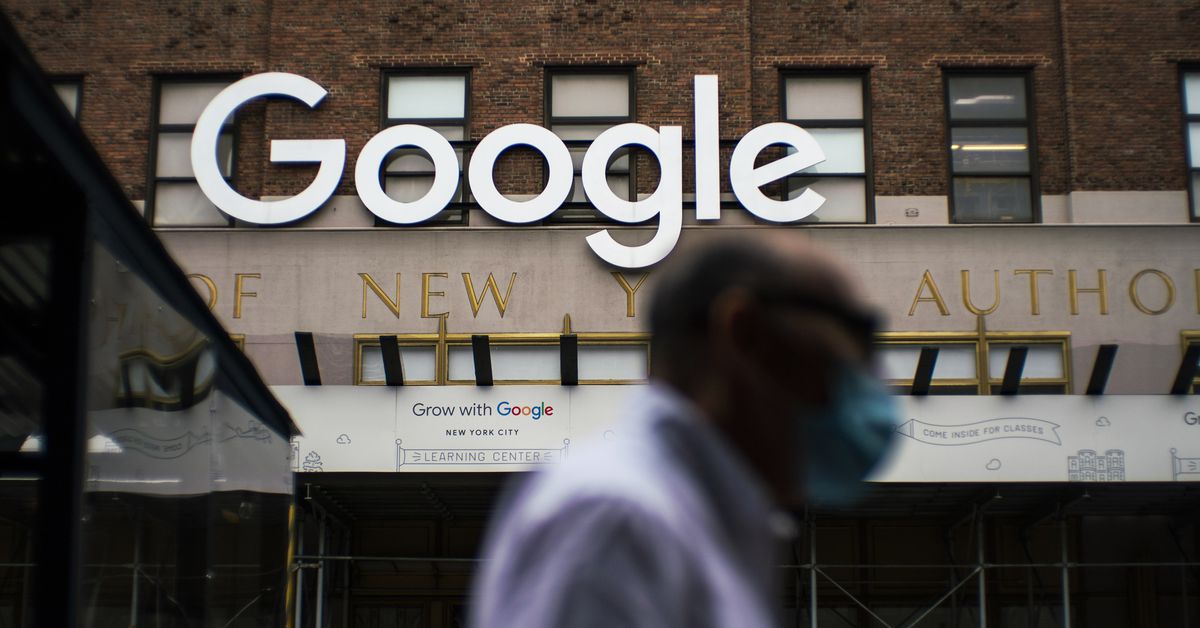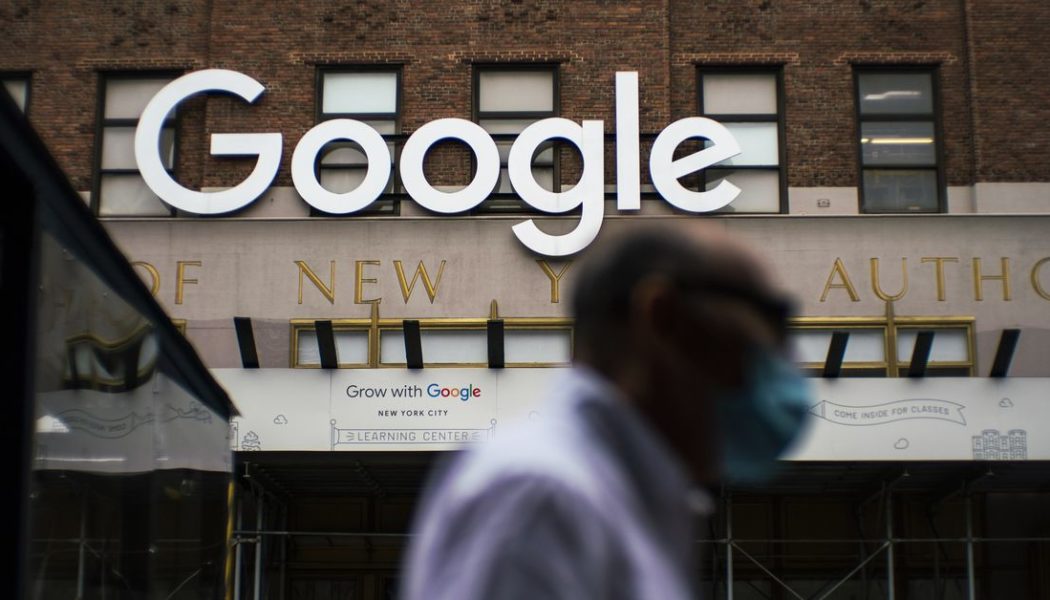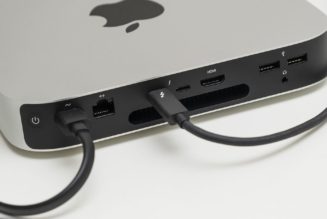
Tensions between Google and its AI brain trust DeepMind have always been fascinating. To put the relationship in crude terms: DeepMind, founded in 2010, is home to some the best AI researchers in the world who output a steady stream of insightful academic papers and Nature front covers. Google, meanwhile, bought DeepMind in 2014 and bankrolls its large losses, and it really, really wants to squeeze some money out of all those juicy brains.
That’s why a recent story on the two companies from The Wall Street Journal is so interesting. In it, Parmy Olson reports that Google has ended yearslong negotiations between the two firms, ultimately rejecting a plea from DeepMind for more independence.
According to Olson, DeepMind told staff the talks were over “late last month.” One suggestion from DeepMind’s founders was apparently for the company to have the same legal structure as a nonprofit, “reasoning that the powerful artificial intelligence they were researching shouldn’t be controlled by a single corporate entity, according to people familiar with those plans.” But Google wasn’t on board with this, telling DeepMind it didn’t make sense considering how much money the company has poured into DeepMind.
This conflict isn’t surprising. Google execs have said repeatedly the company’s future lies in AI, and numerous news stories suggest the mothership has been pressuring DeepMind into commercializing its work. This has led to projects from DeepMind using its research to improve battery life on Android and reduce energy costs in its data centers, but the financial benefits of these efforts are unclear. Meanwhile, the UK firm’s losses keep rising — hitting a high of £477 million (around $660 million) in its most recent public filings for 2019. If Google wants its money’s worth, it can’t give DeepMind anything like nonprofit status.
Alongside financial pressures, another bone of contention between the two companies seems to be ethical oversight. A much-trumpeted element in Google’s acquisition of DeepMind was a promise that Google would set up an ethics board to ensure its technology was always deployed fairly. The exact nature and scope of this board, though, including who sits on it, has always been unclear. A 2019 report from The Economist said the board even held ownership over any artificial general intelligence created by DeepMind — a term that refers to AI that meets or exceeds human capacity across a broad range of tasks.
The status of this board is not mentioned in the WSJ’s report, but Olson notes that DeepMind’s future work will now be overseen by a separate ethics board “staffed mostly by senior Google executives.” Olson noted in a tweet that this is the Advanced Technology Review Council, or ATRC. This is reportedly Google’s “highest review board.”
Update, May 21st, 11:04AM ET: Story has been updated to note that the ethics board mentioned in the WSJ’s report is the ATRC.








